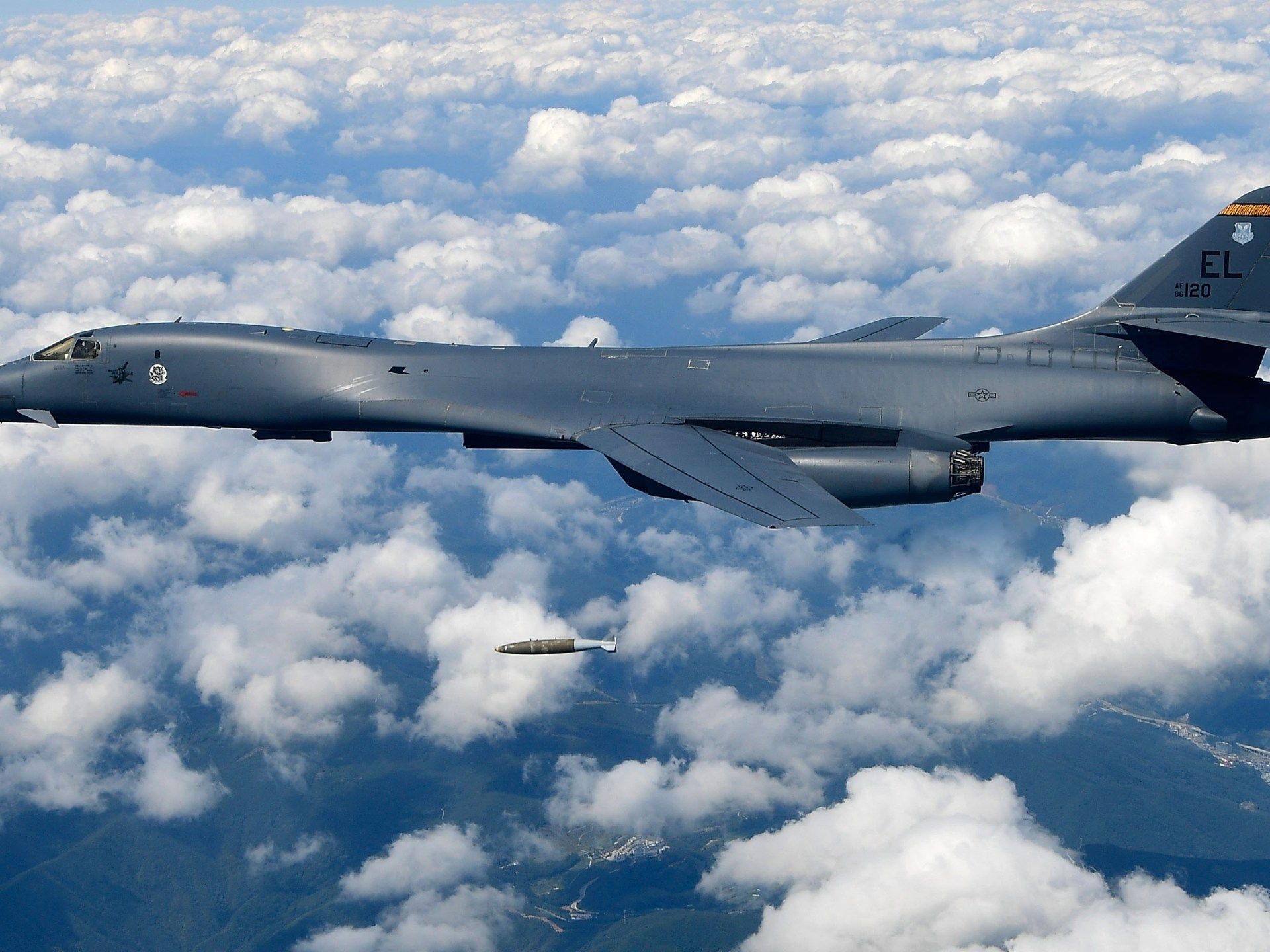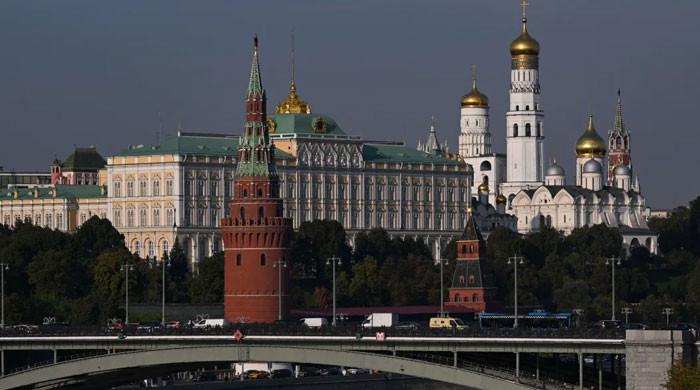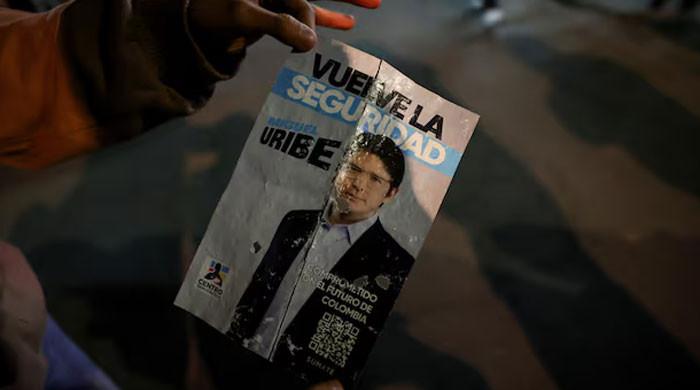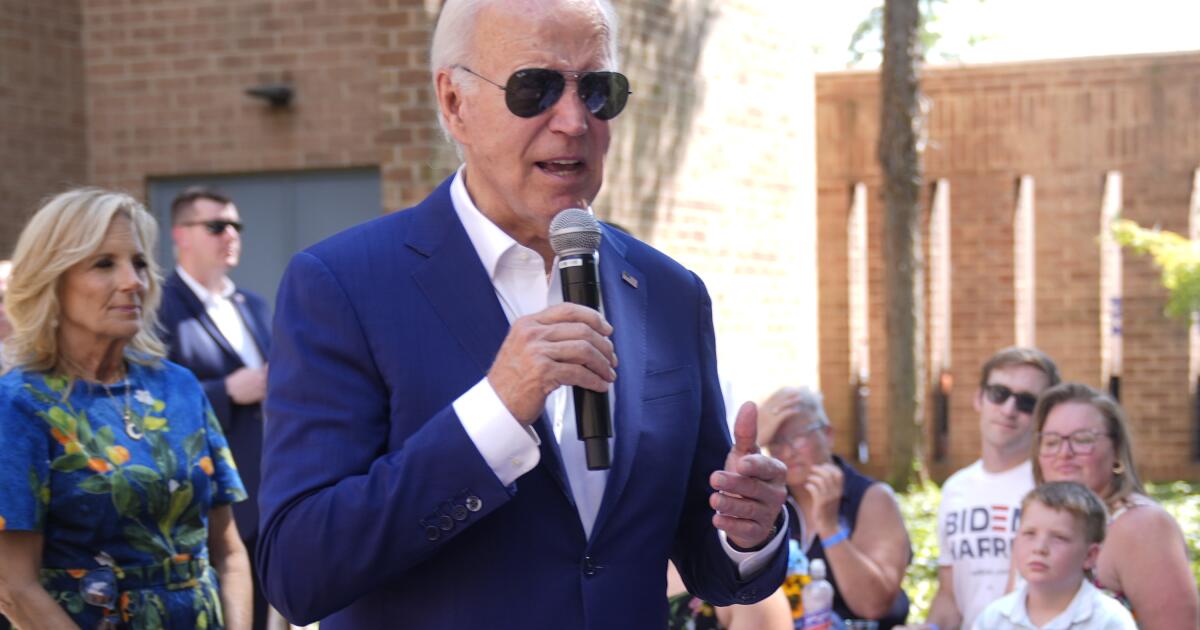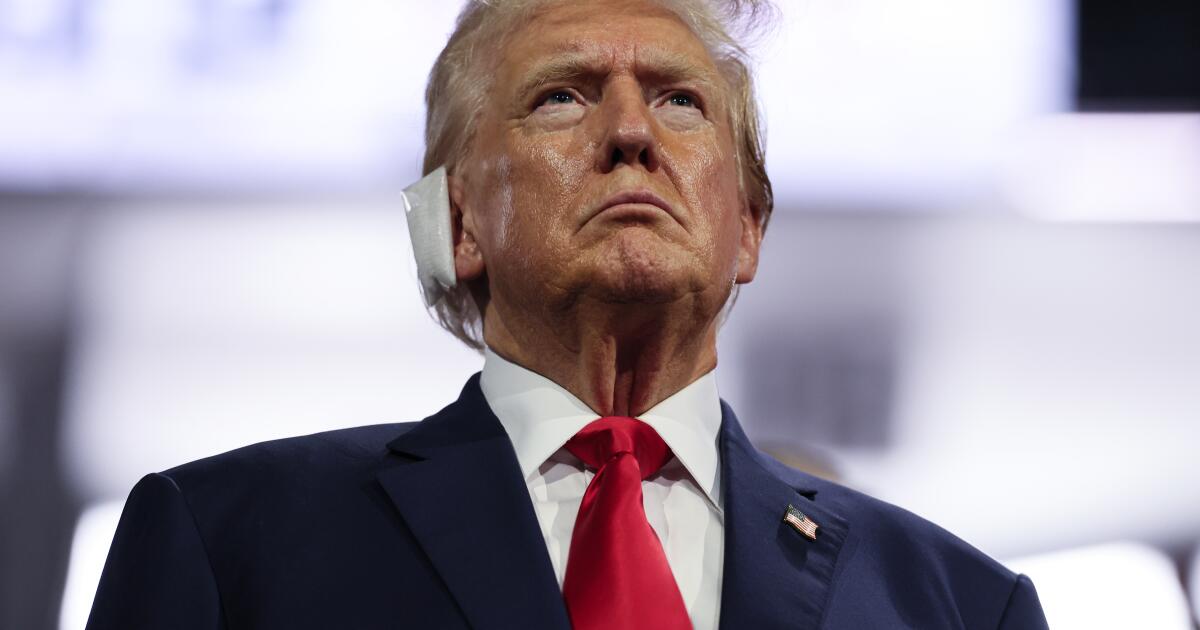White House National Security Council spokesman John Kirby says he regrets the confusion caused by his comments.
The United States has admitted that it did not notify the Iraqi government before its recent airstrikes in the country after a senior White House official claimed that Baghdad had been informed in advance.
State Department deputy spokesman Vedant Patel said Monday that Iraqi officials were only informed after the attacks on Iran-linked targets.
“Iraq, like all countries in the region, understood that there would be a response after the death of our soldiers. As for this specific response on Friday, there was no prior notification,” Patel told reporters. “We informed the Iraqis immediately after the attacks occurred.”
The clarification came after White House National Security Council spokesman John Kirby said Friday that Washington had informed the Iraqi government in advance.
Kirby said Monday that he had responded to reporters' questions with the “information that had been provided to me at the time.”
“It wasn't as specific as it could have been and I'm sorry for any confusion caused,” he said.
“That said, we had made no secret – neither from Iraqi officials nor in public channels – that we would respond to attacks on our troops. And, in fact, we officially notified Iraq, as is standard procedure.”
US President Joe Biden on Friday ordered airstrikes against 85 targets in Iraq and Syria allegedly linked to Iran's Islamic Revolutionary Guard Corps (IRGC) and pro-Iran groups, following a drone strike in Jordan that killed to three American soldiers.
Iraq condemned the attacks, which authorities said killed 16 people, including civilians, as a violation of its sovereignty that placed security in the region on the “brink of the abyss.”
Iraqi government spokesman Bassem al-Awadi rejected the suggestion that his country had helped coordinate the attacks, accusing Washington of making a “false claim intended to mislead international public opinion and disavow legal responsibility.”
Tensions between Washington and Baghdad have risen in recent months as the Biden administration carried out strikes inside Iraq in response to an increase in attacks on US forces since the start of the war in Gaza, which it blamed on groups aligned with Iran.
About 2,500 US troops are stationed in Iraq, a legacy of the US-led coalition's war against the ISIL (ISIS) group.
Last month, US Defense Secretary Lloyd Austin said Washington would begin talks with Baghdad about withdrawing US-led forces from the country, while maintaining security ties between the sides.

